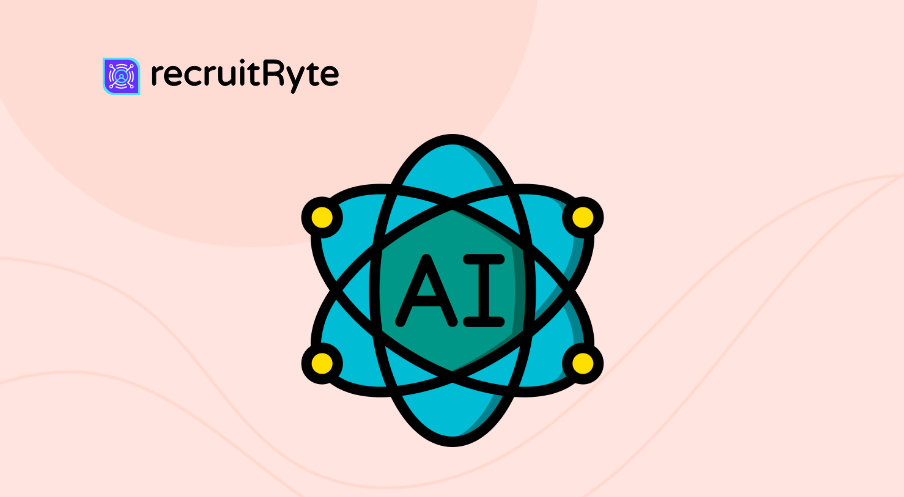Introduction:
In the ever-evolving realm of recruitment, innovative strategies are essential for identifying top talent swiftly and efficiently. Among these strategies, integrating Artificial Intelligence (AI) stands out as a transformative approach. By harnessing AI capabilities, businesses can revolutionize recruitment practices, reaping a multitude of benefits that span the entire hiring process.
Enhanced Candidate Sourcing:
AI-powered algorithms play a crucial role in streamlining candidate sourcing. These advanced systems analyze extensive datasets to pinpoint candidates whose skills, experiences, and qualities align with specific job criteria. Utilizing AI recruitment tool, like recruitRyte, enables organizations to expedite candidate selection, saving time and resources previously consumed by manual sourcing.
Improved Candidate Experience:
Personalized candidate experiences are pivotal in today’s recruitment landscape. AI facilitates this by enabling tailored communication channels and seamless interactions throughout the hiring journey. Chatbots, driven by AI, offer immediate responses to candidate inquiries, providing valuable guidance. Additionally, AI-driven virtual interviews offer candidates flexibility, enhancing accessibility and convenience.
Data-Driven Decision Making:
AI empowers recruiters with actionable insights derived from data analytics. By employing predictive analytics, organizations can anticipate future hiring needs, identify top candidates, and refine recruitment strategies in real time. Leveraging AI-driven recruitment tools enhances decision-making processes and enables continuous improvement based on data feedback.
Bias Reduction and Diversity Promotion:
Unconscious biases pose challenges in traditional recruitment methods, potentially leading to unfair evaluations and impeding diversity efforts. AI serves as a countermeasure by standardizing candidate assessments and minimizing subjective judgment. Through transparent AI algorithms, organizations can foster inclusive hiring practices, ensuring equal opportunities for all candidates.
Streamlined Administrative Tasks:
AI automation alleviates HR professionals’ administrative burdens, allowing them to focus on strategic initiatives. Tasks such as resume screening and interview scheduling can be efficiently managed through AI-powered systems, boosting productivity and resource allocation in HR departments.
Cost Savings and Efficiency Gains:
AI adoption in recruitment translates into tangible cost savings and efficiency improvements. By expediting hiring processes and reducing errors, AI-driven recruitment tools lower time-to-hire and cost-per-hire metrics. These efficiency gains optimize resource allocation and enhance overall return on recruitment investments.
Challenges and Ethical Considerations:
Despite AI’s benefits, ethical considerations and challenges must be addressed. Organizations must confront biases within AI algorithms and uphold transparency and fairness in candidate evaluation. Protecting candidate data privacy remains crucial to maintaining trust throughout the recruitment process.
Case Studies and Success Stories:
Numerous companies have embraced AI in recruitment with remarkable success. From multinational corporations to startups, organizations across industries have witnessed transformative outcomes by integrating AI-powered solutions into their hiring practices. Case studies demonstrating the implementation and impact of AI recruitment tool offer valuable insights and inspiration for organizations embarking on their AI-driven recruitment journey.
Embrace AI Recruitment with recruitRyte:
Ready to revolutionize your recruitment process? Experience the benefits of AI recruitment tools with recruitRyte. Our state-of-the-art platform harnesses AI to streamline candidate sourcing, enhance screening, and drive data-driven decision-making.
Conclusion:
In conclusion, AI reshapes recruitment practices, offering myriad benefits from candidate sourcing to decision-making. By leveraging AI-powered recruitment tools, organizations can unlock new opportunities, optimize resource utilization, and gain a competitive edge in talent acquisition.
